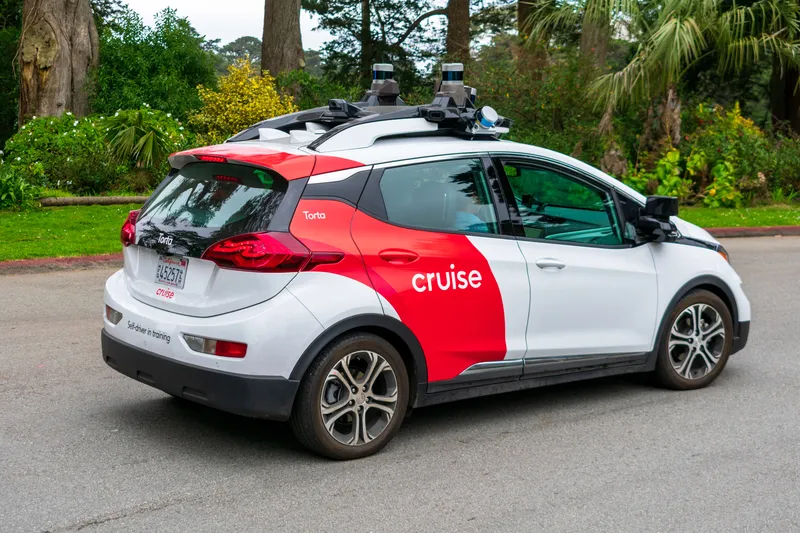The California Department of Motor Vehicles (DMV) has issued Uber with another permit to put its driverless cars back on the state’s roads, according to Reuters. Obtaining the permit also marks a concession for Uber, which had fought California regulators over the requirement and initially refused to apply for the US$150 permit.
Following a disagreement with regulators last December when Uber argued that its cars do not meet the state's definition of an autonomous vehicle because they require constant mo
March 13, 2017
Read time: 2 mins
The California Department of Motor Vehicles (DMV) has issued 8336 Uber with another permit to put its driverless cars back on the state’s roads, according to Reuters. Obtaining the permit also marks a concession for Uber, which had fought California regulators over the requirement and initially refused to apply for the US$150 permit.
Following a disagreement with regulators last December when Uber argued that its cars do not meet the state's definition of an autonomous vehicle because they require constant monitoring by a person, Uber moved its self-driving cars from San Francisco to Arizona, a state with fewer regulations for autonomous vehicles.
Simultaneously, the DMV has released proposed regulations to establish a path for testing and future deployment of fully autonomous vehicles without drivers.
The department received substantial feedback from manufacturers, consumer advocates, local government, insurance companies and other stakeholders after it released revised draft regulations for testing without a driver and the deployment of autonomous vehicles in September 2016.
The proposed regulations address public safety concerns while recognising the potential of autonomous technology to improve safety, enhance mobility and encourage innovation. Under the proposed regulations manufacturers would need to certify to the state that their own testing shows the cars are ready to operate on public roads without a driver. Tests with no driver would require an operator monitoring the car, ready to steer via remote control if necessary.
Manufacturers who want to deploy cars without a steering wheel and pedals would require the approval of federal highway safety officials.
“These rules expand our existing autonomous vehicle testing program to include testing vehicles where no driver is present,” said DMV Director Jean Shiomoto. “This is the next step in eventually allowing driverless autonomous vehicles on California roadways.”
Following a disagreement with regulators last December when Uber argued that its cars do not meet the state's definition of an autonomous vehicle because they require constant monitoring by a person, Uber moved its self-driving cars from San Francisco to Arizona, a state with fewer regulations for autonomous vehicles.
Simultaneously, the DMV has released proposed regulations to establish a path for testing and future deployment of fully autonomous vehicles without drivers.
The department received substantial feedback from manufacturers, consumer advocates, local government, insurance companies and other stakeholders after it released revised draft regulations for testing without a driver and the deployment of autonomous vehicles in September 2016.
The proposed regulations address public safety concerns while recognising the potential of autonomous technology to improve safety, enhance mobility and encourage innovation. Under the proposed regulations manufacturers would need to certify to the state that their own testing shows the cars are ready to operate on public roads without a driver. Tests with no driver would require an operator monitoring the car, ready to steer via remote control if necessary.
Manufacturers who want to deploy cars without a steering wheel and pedals would require the approval of federal highway safety officials.
“These rules expand our existing autonomous vehicle testing program to include testing vehicles where no driver is present,” said DMV Director Jean Shiomoto. “This is the next step in eventually allowing driverless autonomous vehicles on California roadways.”









